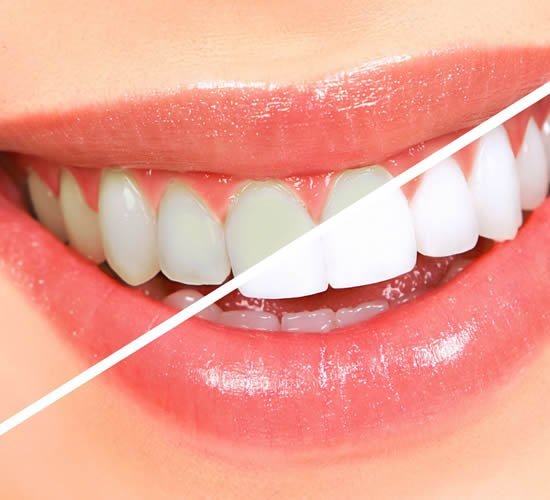- Bizi Arayın +90 501 329 7812
- Çalışma Saatleri 09:00 - 19:00

Nowadays, the importance given to dental aesthetics is increasing day by day. Preservation of natural tooth structure by patients and dentists is just as important. Obtaining an aesthetic smile by preserving the natural tooth structure has made the teeth whitening process very important in dentistry. Teeth whitening is one of the most protective methods of removing stains on the teeth. The most commonly used material in teeth whitening is hydrogen peroxide. Hydrogen peroxide passes through the enamel and dentin and interacts with the chromogen molecules that cause tooth discoloration, and oxidizes these molecules and removes the dark coloring. 1. What causes color change in teeth? Factors such as food and beverages consumed in daily life (tea, coffee, cigarettes), some drugs used by the mother while in the mother's womb, some drugs used during infancy, fluoride level in drinking water, and inadequate oral care may cause discoloration in the teeth. This coloration of the teeth is divided into two: External discoloration: It is the coloration seen as a result of external factors sticking to the outer surface of the tooth. Internal discoloration: It is the coloration of the inner surface of the tooth that does not go away with advanced brushing or tooth cleaning. 2. Teeth whitening methods Office Type Whitening: It is a teeth whitening method that is applied with the help of whitening gel and laser light applied to the tooth surface and performed under the control of a doctor in a clinical setting. It is a safe, fast and effective teeth whitening method that can lighten the tooth color by 3-4 shades in a short time. Home Type Whitening: It is a whitening process by applying whitening gels to mouthpieces prepared according to a simple measure taken orally. Ideal whiteness is achieved in an average of 5-7 days. The application should be done between 4-8 hours a day. 3. Who can have teeth whitening?
Anyone who does not have advanced caries or gum disease in the mouth can have teeth whitening. A detailed dental examination is required before teeth whitening. If tooth decay or gum disease is detected in the mouth, first the necessary treatments and then the teeth whitening process is performed. Teeth whitening is not recommended during pregnancy and breastfeeding. 4. Is there any harm in teeth whitening? Teeth whitening does not harm the teeth. 5. What should be considered after teeth whitening? It is normal to develop tooth sensitivity in the first 24-48 hours after the procedure. During this period, the consumption of hot and cold food and beverages should be restricted. In the first days after bleaching, the consumption of products that may cause discoloration such as cigarettes, tea, coffee, cherry juice, wine should be avoided.
Copyright © 2021 | DAC | by JETDİJİTAL